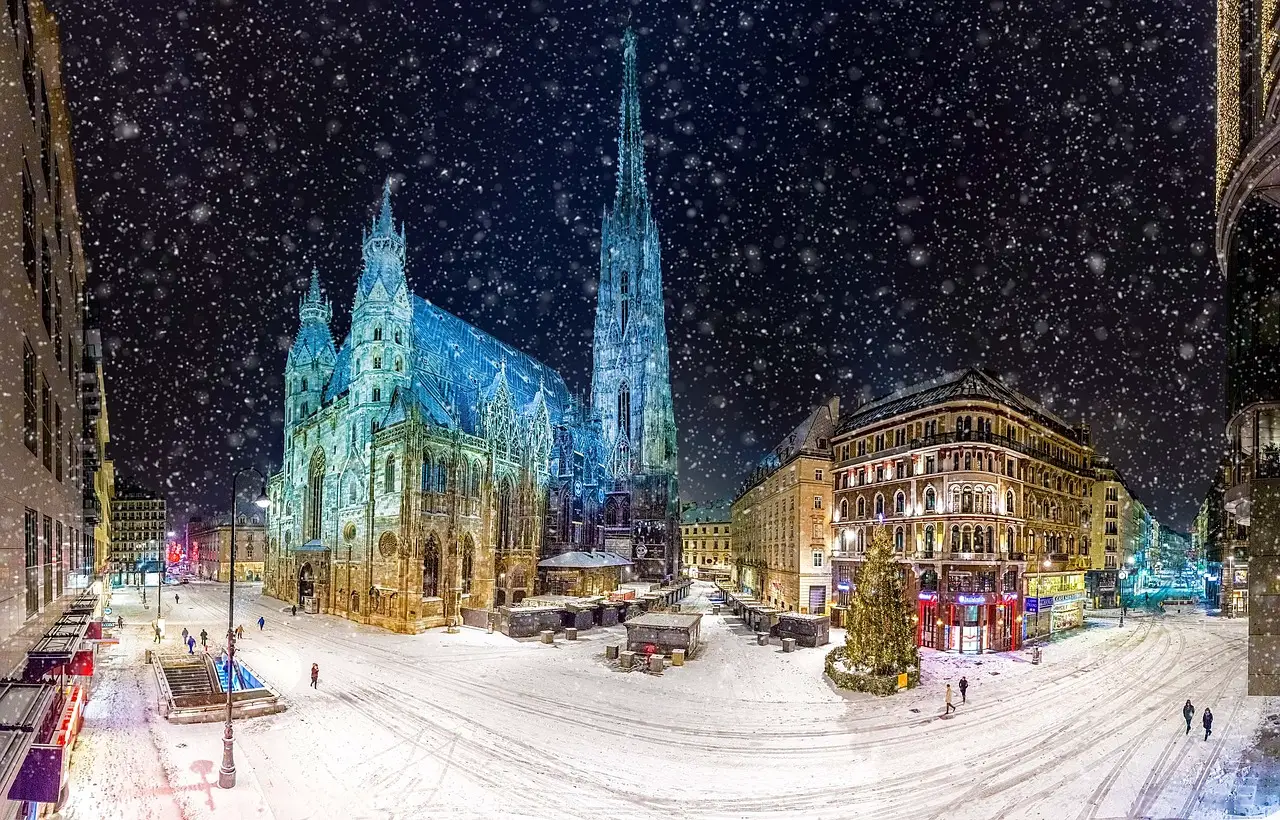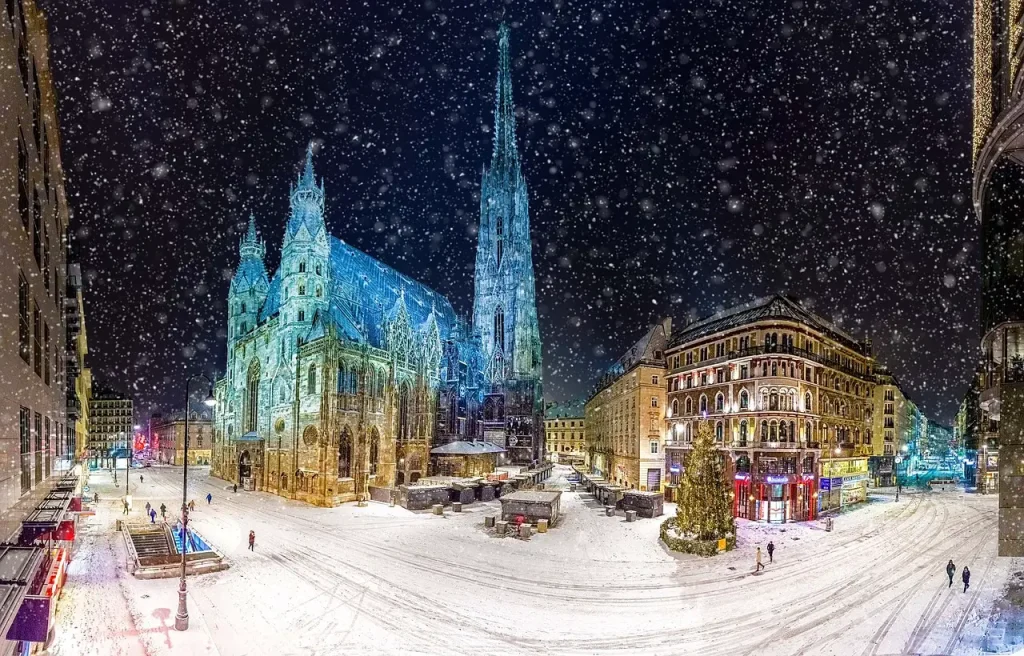
November 9, 2020 – The second lockdown introduced by Austria last week has halted plans for Croatian seasonal workers.
Slobodna Dalmacija reports that in previous years, more than 30,000 Croatian seasonal workers pack their suitcases in early November for another season abroad. This year, many hoped to work the winter season to make up for the losses caused by the coronavirus over the summer and last year’s shortened season in the Alps.
“Their plans have been ruined to such an extent,” says Aleksandra Bertelt, owner of a private employment agency from Istria, and added that the start of the season would be postponed for about ten days. However, no winter season in Austria is out of the question.
Some ski resorts planned to open the season in mid-November, while most won’t open until the end of this or the beginning of next month. If it had been as planned, most Croatian seasonal workers should have started work in the last week of November or the first in December.
“We’re waiting. The summer season in the Alps and Austria, in general, was unexpectedly good. The locals mostly stayed on vacation in their home country, while the Germans, due to the absence of the cruising season, changed their plans and traveled to the first southern neighborhood. The summer season lasted until the end of September or the beginning of October, and then there was a lull in the demand for labor. Our seasonal workers have mostly returned home, even those with year-round jobs because they use vacation or are on ‘kurzarbeit,’ where their employer pays them 60 percent of their salary, which is later refunded by the state,” explained Bertelt and stated that in October and the first days of November, there is a much smaller number of inquiries compared to last year.
In the past two years, she has mediated for about 400 Croatian workers in Austria, mostly in the most developed tourist region of Tyrol and Carinthia, Styria, and Voralberg.
“The problem this year may be in the fact that Austria itself has a larger number of unemployed workers, so it pays more to take them than to pay commissions for bringing in foreign seasonal workers. What can be noticed in everyday work is that employers there respond somewhat more slowly after we submit an offer for the required profile of workers,” she added.
Bertelt’s agency is currently signing contracts for some 70 workers from Croatia, while a dozen more are waiting for answers.
“Hoteliers are adjusting, given the situation. Some work by taking the number of reservations they currently have for the prime months and adjusting the number of workers accordingly, while others hire the same number as last year. Guided by the experience from the Adriatic this year, when guests booked two or three days before their arrival, I dare to predict that the first will have problems immediately after opening in December. Then we will have a “tsunami” because we will be overwhelmed by the demand for all profiles of workers in a short time. Certainly, we will come or get closer to the figures from last year,” Bertelt is optimistic.
This year, working in Austria was administratively easier for Croats, because at the beginning of July, as the last in the European Union, Austria fully opened its labor market to Croatian citizens, who no longer need a work permit. As for the profession that is in demand, nothing has changed.
“There is always a need for chefs, waiters, maids, housekeepers, masseurs… Most importantly, their price on the labor market has remained the same. Chefs depending on qualifications and experience, working 48 hours a week can count on a monthly salary between 1700 and 2100 euro. I’m not talking about a deputy or a chef whose income goes up to 4 or 5 thousand euro. Waiters can count on earnings between 1700 and 1900 euro net, maids around 1600 eurs, and masseurs, craftspeople, beauticians. Everyone is provided with accommodation in a single or maximum double room, and a 13th and 14th salary, or Christmas and holiday allowance, in proportion to the months worked,” said Alexandra Bertelt.
Croatian seasonal workers must be tested for COVID-19 at their own expense before going to Austria.
“A PCR test is required immediately upon entering the country. Those who do not have it will have to spend time in self-isolation, which does not help the worker or their employer. While they work, weekly tests will be organized, but this is paid for by hoteliers,” Bertelt concluded.
To read more about lifestyle in Croatia, follow TCN’s dedicated page.











